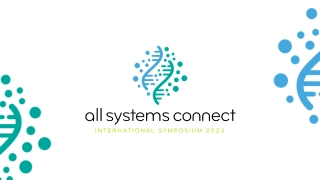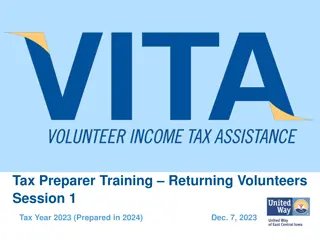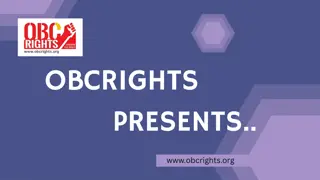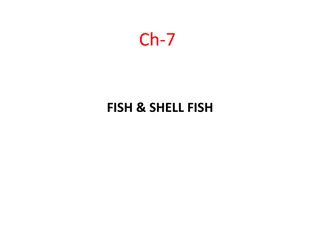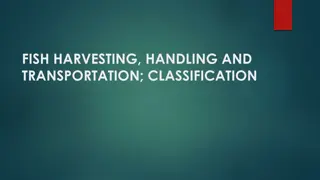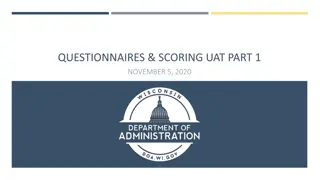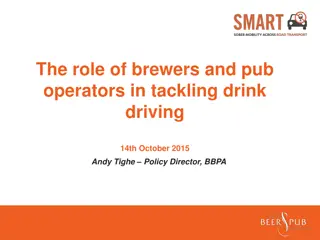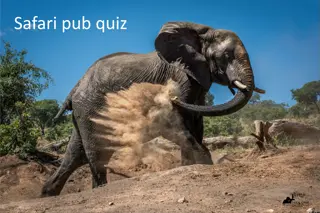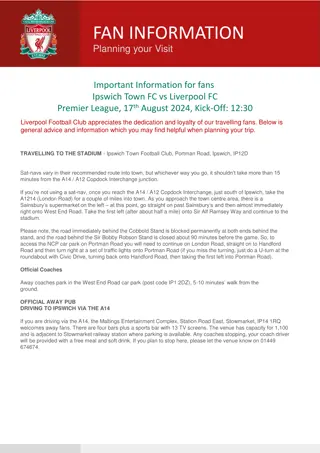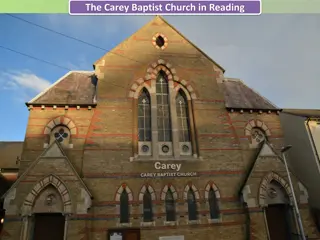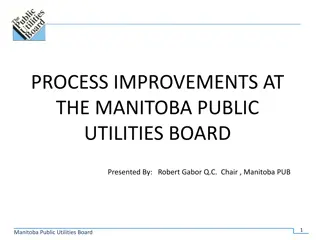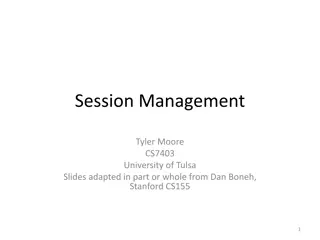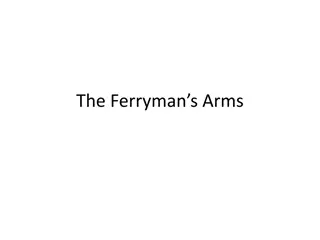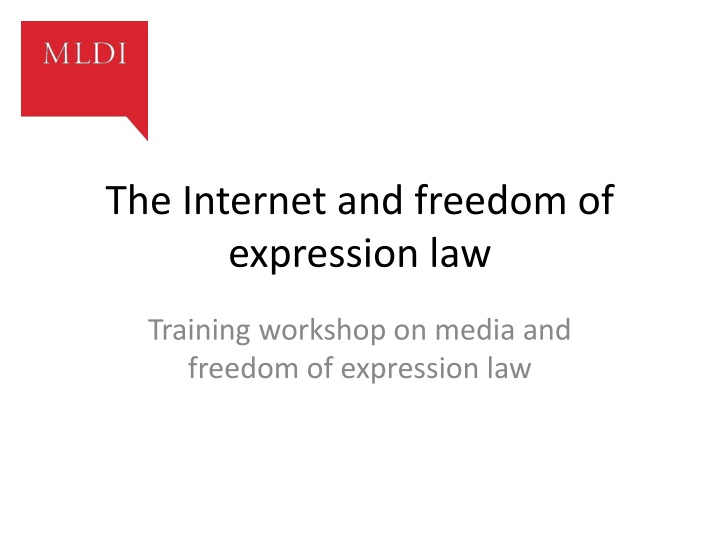
Exploring Internet Freedom and Media Law: Implications and Debates
Delve into the dynamic realm of Internet freedom and media law through discussions on how the Internet differs from traditional media, the responsibilities of search engines and ISPs, and the complexities of publication and liability online. Explore contrasting court rulings and perspectives on online publishing and the role of ISPs in content regulation.
Download Presentation

Please find below an Image/Link to download the presentation.
The content on the website is provided AS IS for your information and personal use only. It may not be sold, licensed, or shared on other websites without obtaining consent from the author. If you encounter any issues during the download, it is possible that the publisher has removed the file from their server.
You are allowed to download the files provided on this website for personal or commercial use, subject to the condition that they are used lawfully. All files are the property of their respective owners.
The content on the website is provided AS IS for your information and personal use only. It may not be sold, licensed, or shared on other websites without obtaining consent from the author.
E N D
Presentation Transcript
The Internet and freedom of expression law Training workshop on media and freedom of expression law
Questions for discussion: How is the Internet different from other media platforms? What implications (if any) does this have for media law?
Some aspects of the internet that are new The citizen journalist : bloggers, crowd- sourcing etc. Search engines: are they responsible for the content they lead you to? Internet service providers (ISPs): are they publishers? Or something else? The transnational nature of publication (though this is not unique to the internet).
Is the internet the same as broadcasting? The US Supreme Court answered this with a decisive No. Broadcasting must be regulated to ensure fairness in allocation of frequencies. But internet bandwidth is unlimited (for all practical purposes). (Reno v. ACLU, 1997)
What is publication on the internet? The Australian High Court said an item is published whenever and wherever it is downloaded. This leads to forum shopping for the most restrictive jurisdiction (for example, in defamation cases).
But the French Cour de Cassation argued that virtual publication happens once just like publication in any other medium. (Arret n 6374 du 16 Octobre 2001)
Is the ISP a publisher? Courts have generally agreed that the company that provides the internet connection or hosts websites is not a publisher in the traditional sense. Rather, it is an intermediary. But can an intermediary be liable for the content that it carries?
The New York Court of Appeals said that, in relation to emails, an ISP was like a telephone company, which has no liability for the content of a telephone call (Lunney v. Prodigy). Would you want an ISP screening all your emails to check if they were legal?
Section 230 of the US Communications Decency Act does not require ISPs to screen content. The EU E-Commerce Directive provides exemption from liability in the areas of: mere conduit of content caching of content hosting But unlike S230 CDA, ISPs must act expeditiously to remove illegal content when they are informed of it.
Online discussions ECtHR has said that a news website may be liable for comments below articles when they are clearly unlawful (Delfi v. Estonia). What are the implications of this for online publishers?
The right to be forgotten What is the status of search engines? The Court of Justice of the European Union found that a person has right to require a search engine to remove links related to him or her that are inadequate, irrelevant or excessive (Google Spain case). Should there really be a right to be forgotten? What are the implications of this?
Are bloggers journalists? Assuming that journalists should not be subject to any licensing requirement, bloggers should be in no different position and entitled to the same protections. Journalism is a function shared by a wide range of actors, including professional full-time reporters and analysts, as well as bloggers and others who engage in forms of self-publication in print, on the internet or elsewhere (Human Rights Committee, General Comment 34)
A case for discussion A Twitter user tweets a message claiming that a well-known public figure is known to have been involved in child sexual abuse. The message is replied to by some Twitter users, who express horror at this information, and is re-tweeted by some users. A few days later the author of the original tweet sends a further message, stating that the information tweeted was incorrect and apologizing to the public figure.
The public figure commences defamation proceedings against three sets of respondents: Some Twitter users who re-tweeted the original message Some users who replied to the original message Twitter Inc., for publishing defamatory messages How much success would the public figure have with these suits in your jurisdiction? Or elsewhere?

